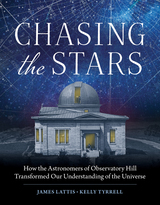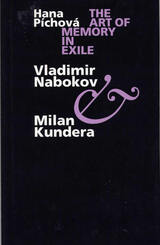
Pí chová closely analyzes two novels by each author: the first written in exile (Nabokov's Mary and Kundera's The Book of Laughter and Forgetting) and a later, pivotal novel in each writer's career (Nabokov's The Gift and Kundera's The Unbearable Lightness of Being). In all four texts, these authors explore how the kaleidoscope of personal and cultural memory confronts a fragmented and untenable present, contrasting the lives of fictional é migré s who fail to bridge the gap between past and present with those é migré s whose rich artistic vision allows them to transcend the trials of homelessness.
By juxtaposing these novels and their authors, Pí chová provides a unique perspective on each writer's vast appeal and success. She finds that in the work of Nabokov and Kundera, the most successful exiles express a vision that transcends both national and temporal boundaries.
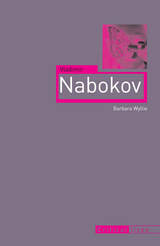
Best known for his deeply controversial 1955 novel, Lolita, Vladimir Nabokov (1899-1977) is celebrated as one of the most distinctive literary stylists of the twentieth century. In Vladimir Nabokov, Barbara Wyllie presents a comprehensive account of the life and works of the writer, from his childhood and earliest stories in pre-revolutionary Russia, to The Original of Laura—a novel written almost entirely on index cards published for the first time in 2009, perhaps against Nabokov’s wishes.
This literary biography investigates the author’s poetry and prose, in both Russian and English, and examines the relationship between Nabokov’s extraordinary erudition and the themes that recur throughout his works. His expertise as a specialist in butterflies complemented his wide knowledge of Russian and Western European culture, philosophy, and history, and informed the themes of transformation and transcendence that dominate his work. Wyllie traces his lifelong preoccupations with time, memory, and mortality across both his Russian and English works, and she illuminates his distinctive through detailed analysis of his major novels. Wyllie assesses his poetry and prose style alongside Nabokov’s own autobiography, letters, and critical writings—as well as the only recently-published The Original of Laura—in order to create a complete and updated picture of the writer in the context of his works.
Vladimir Nabokov presents a fascinating portrait of one of the twentieth century’s most eclectic, prolific, and controversial authors. It is an essential read for fans of Nabokov and scholars of twentieth century English and Russian literature.
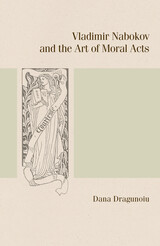
This book shows how ethics and aesthetics interact in the works of one of the most celebrated literary stylists of the twentieth century: the Russian American novelist Vladimir Nabokov. Dana Dragunoiu reads Nabokov’s fictional worlds as battlegrounds between an autonomous will and heteronomous passions, demonstrating Nabokov’s insistence that genuinely moral acts occur when the will triumphs over the passions by answering the call of duty.
Dragunoiu puts Nabokov’s novels into dialogue with the work of writers such as Alexander Pushkin, William Shakespeare, Leo Tolstoy, and Marcel Proust; with Kantian moral philosophy; with the institution of the modern duel of honor; and with the European traditions of chivalric literature that Nabokov studied as an undergraduate at Cambridge University. This configuration of literary influences and philosophical contexts allows Dragunoiu to advance an original and provocative argument about the formation, career, and legacies of an author who viewed moral activity as an art, and for whom artistic and moral acts served as testaments to the freedom of the will.
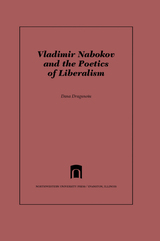
Showing the particular influence of the thought of Kant and Berkeley, she focuses on what she calls Nabokov’s “most deceptively apolitical novels”: The Gift, Lolita, Pale Fire, and Ada. In bringing to them a more extensive context than previous Nabokov scholars, Dragunoiu argues that their treatment of various moral and political subjects can be more clearly understood in the light of ideas inherited by Nabokov from his father and his father’s generation.
READERS
Browse our collection.
PUBLISHERS
See BiblioVault's publisher services.
STUDENT SERVICES
Files for college accessibility offices.
UChicago Accessibility Resources
home | accessibility | search | about | contact us
BiblioVault ® 2001 - 2024
The University of Chicago Press






